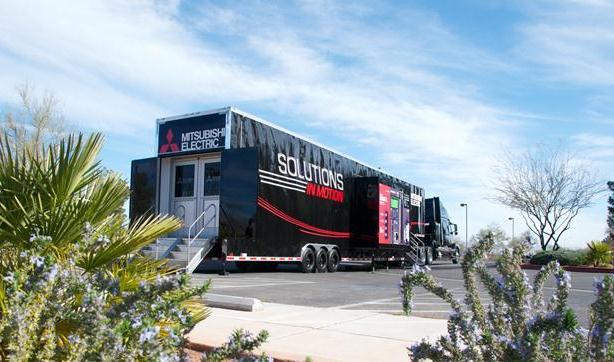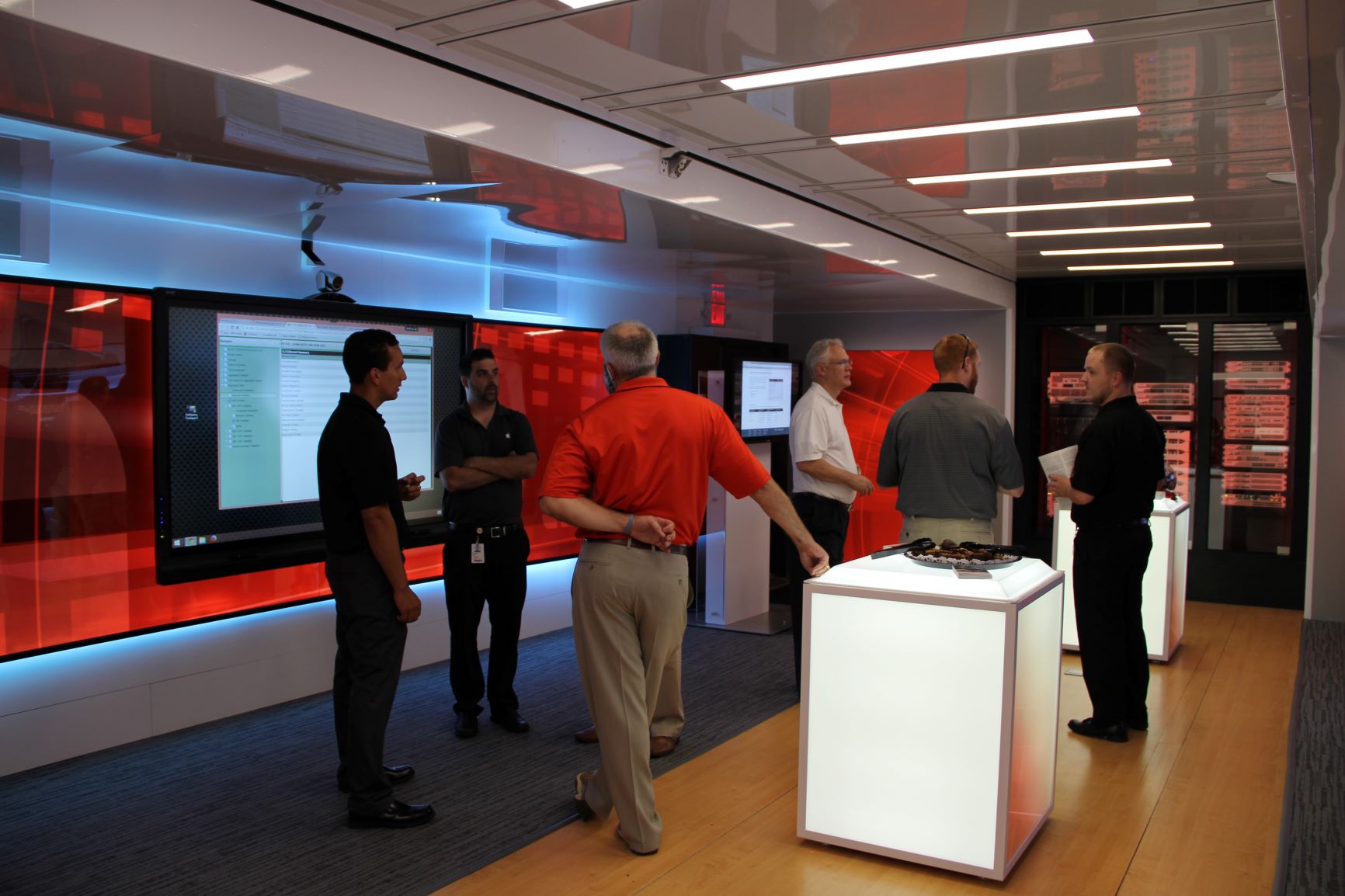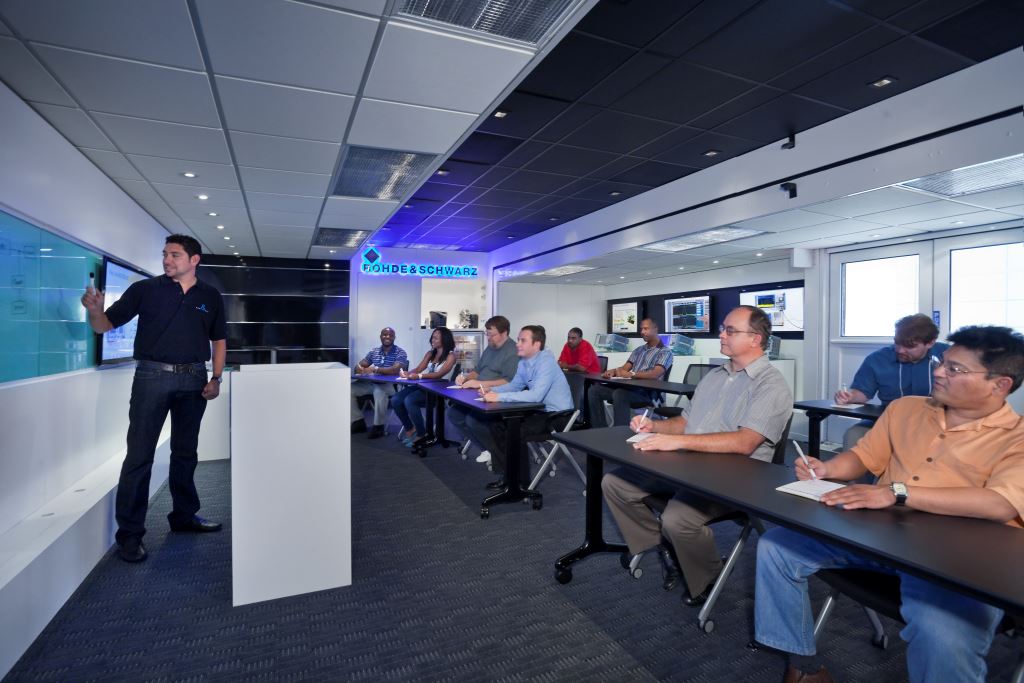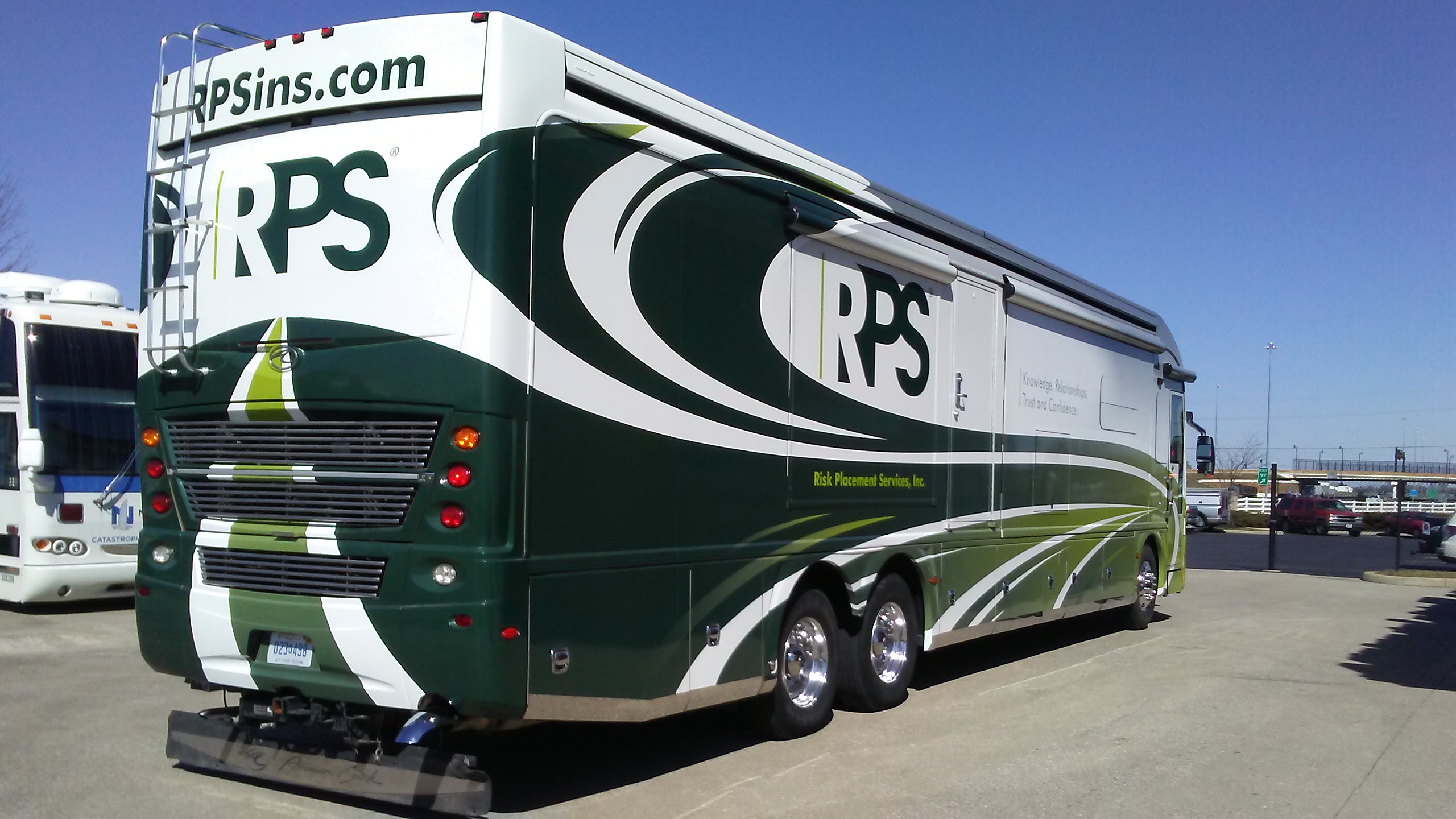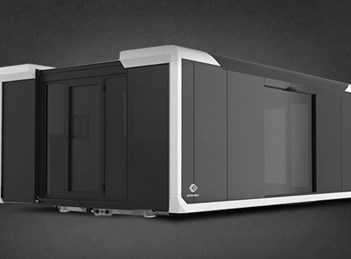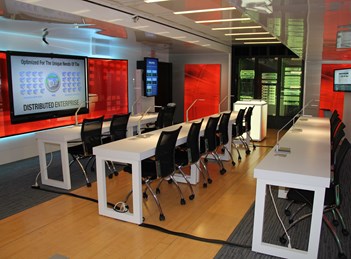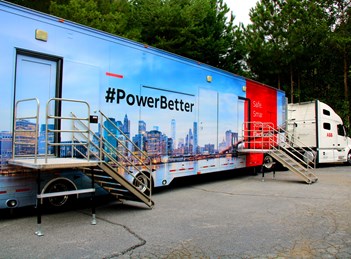
Selecting the Right Mobile Partner: Guidance from Start to Finish
No matter your tour’s objectives, utilizing a B2B roadshow as a sales tool can be the spark that revitalizes your marketing strategy. While there is a lot to consider when planning a mobile campaign, from the planning process to the logistical day to day operations, having an experienced mobile tour partner can help. Your partner will guide you through the process and ensure your tour is a success from the very beginning. Here are five ways a mobile partner can help you create a successful roadshow.
Design and Development. Creating a memorable and immersive visitor experience is vital for all types of roadshows. Your mobile partner will take either existing designs and collateral to be repurposed or help develop a brand-new concept for your mobile environment from the ground up. They’ll work with your goals, so the experience includes interactives, demonstrations, and messaging that’s on target with your sales and marketing strategy.
Vehicle Procurement and Interior Upfit. Whether your visitor experience requires a lot of space for trainings and demos or a more intimate setting, your mobile partner should work with you to procure the best possible equipment for your tour. They’ll consider the purpose of the tour to find you the right vehicle style to achieve your goals. Then, during the design phase, the trailer and its unique features will be utilized so your messaging will have been brought to life within a controlled and completely branded interior.
Scheduling. A good mobile tour partner is experienced in all aspects of tour logistics and knows the nuances of the marketplace. Your partner will provide geographic recommendations based on weather conditions, the do and don’ts of different types of locations, and more to ensure your schedule is as successful as possible. They’ll help create an efficient and effective schedule that doesn’t “tack” back and forth around the country. Moreover, they’ll help obtain any permits you may need for situations including border crossings and specific venues.
Activation. When it’s time to hit the road, your mobile partner should train staff including drivers and tour managers on brand messaging and roles and responsibilities. This includes set-up, tear-down, and upkeep procedures and processes so you can focus on creating more relationships with customers.
Reporting. Throughout your tour, you may want assistance gathering various metrics and data. This may include attendance or information about the ways visitors interact with your products, or more qualitative data such as visitor feedback. Your mobile partner can work with on-the-road staff to glean important information throughout the tour. They’ll be able to provide you with valuable data that can better determine your program’s ROI and allow you to improve upon your tour along the way.
